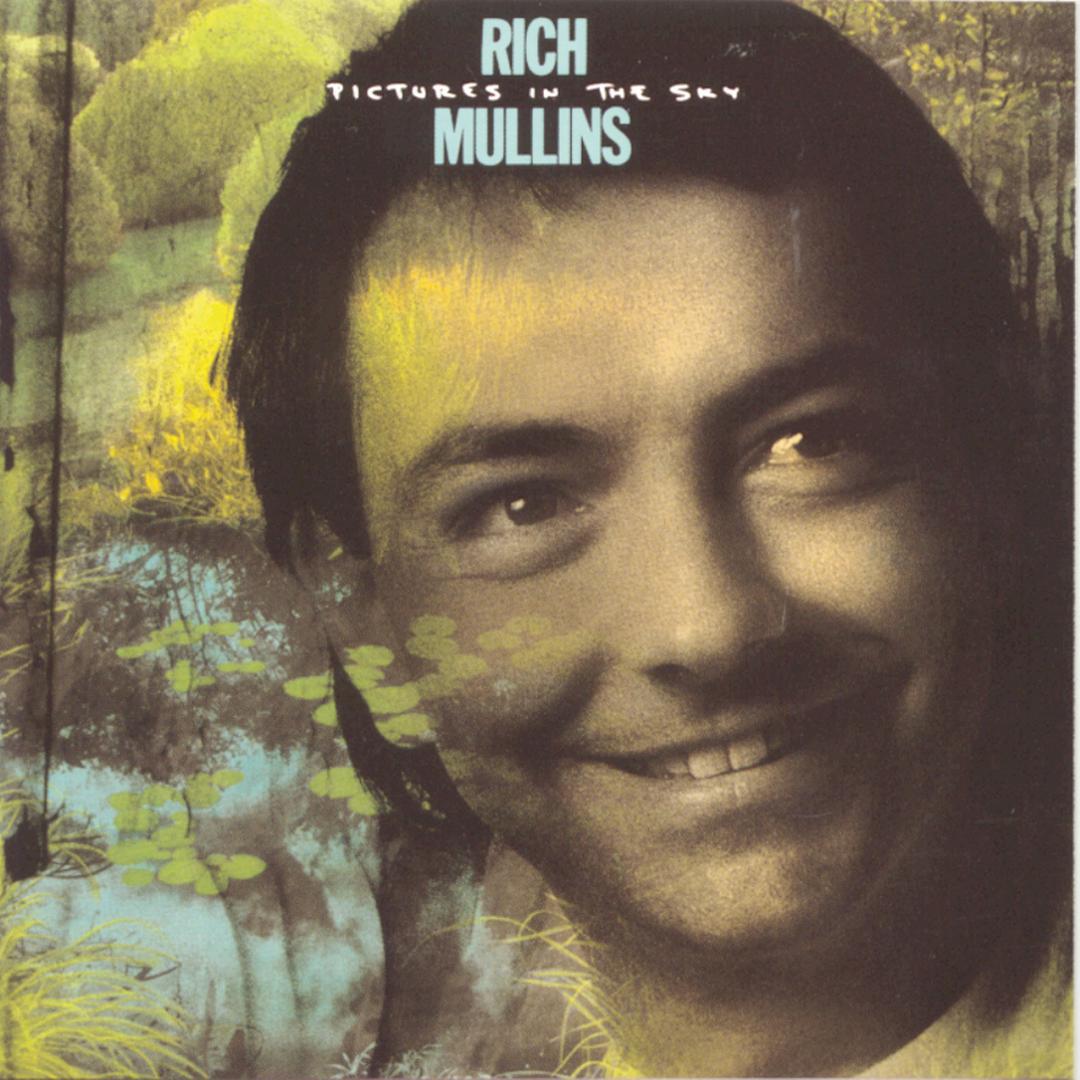
This year marks the 20th anniversary of Rich Mullins’ death in a car accident at age 41. To commemorate this occasion, I am writing my memories of his music—not so much music criticism as memoir-via-music. See part 1 here.
You don’t often hear a singer downplay the next song on the setlist; you don’t often hear a chapel speaker downplay his achievements. But Rich Mullins was no ordinary singer, and he was therefore no ordinary chapel speaker.
After a monologue that starts at the 17 minute mark in the video below, Rich tells the assembled students of Wheaton College that “The Love of God,” the next song, is not one of his favorites—but that’s why it needed so much introduction. The actual introduction to “The Love of God” is only a tiny bit of the 3-minute monologue. When he finally gets around to it,[1] Rich tells the students that science and other academic pursuits cannot satisfy because they don’t tell us what the Scriptures tell us: we’re loved.
Perhaps like the singer himself, I always let “The Love of God” pass without really listening to it. I think I just confused the reprise of this song—a short outro to the album Never Picture Perfect—with the actual song. The reprise is the transition out, and the song must be a transition to something more important, my subconscious reasoned. Supporting my disregard for the song, I think, is the fact that “The Love of God” did not make the cut for the first Rich Mullins greatest hits album Songs (though it was included in the posthumously released Songs 2).
It took Brennan Manning’s The Furious Longing of God to make me notice “The Love of God.” Manning’s book was written to be a counterweight to the sentimentalist, pietist nonsense that one finds in, say, a Hallmark book of scripture quotes set against Thomas Kinkade paintings (not to put too fine a point on it). Manning borrows the book’s title from G.K. Chesterton, who used the phrase to mean “the enormous vitality and strength of the God of Jesus seeking union with us.” He follows this definition with the following:
Another ragamuffin, Rich Mullins, sought to describe this same longing of God.
“In the reckless raging fury that they call the love of God.”
I miss my good friend.
I do too, Father Brennan, though I never had the honor or privilege to call him friend.

The thing is, though, you don’t think “furious” when you listen to “The Love of God.” It’s a gentle song in which Rich sings alone to a strings and piano melody. This gentleness is why I always passed it over. It’s deceptive—the melody seems to undercut the tone of the lyrics. Rich is preaching to us that God’s love needs to be fierce, because both our hard hearts and a broken world lead to spiritual storms that envelop and blind us:
There’s a wideness in God’s mercy
I cannot find in my own
And He keeps his fire burning
To melt this heart of stone
Keeps me aching with a yearning
Keeps me glad to have been caught
In the wreckless raging fury
That they call the love of God […]
Joy and sorrow are His ocean
And in their every ebb and flow
Now the Lord a door has opened
That all hell could never close
Here I’m tested and made worthy
Tossed about but lifted up
In the wreckless raging fury
That they call the love of God
Rich’s lyrics often suggest depression and struggle with understanding and believing basic tenants of Christianity. He expresses doubt in and to a subculture of urgent certainty. That’s why “The Love of God” describes our lives as a sea so fierce that God requires reckless raging fury to accompany us—why he doesn’t just calm the sea or zap us to the shore. And I love Rich for that, because my average daily ratio of believing to doubting is way below 50%. But he’s not just telling all the optimists that life is hard; he’s telling the pessimists that God’s love exists despite our fears to the contrary.
Years back, I was a member of an emergent church in Austin, and they did Lent like no one else. Good Friday was an extensive multimedia installation separated into the stations of the cross. When they got to Easter Sunday, though, they actually ran out of their band leader’s written-for-purpose songs and awkwardly led us in a commercial worship song (“All in All,” maybe?). They did suffering well; joy, not so much.
Rich Mullins somehow pulled off full joy and doubt in a single song. I used to listen for the depressive moments; now that I’ve lived through a few actual depressive episodes, I’m listening more and more for the joy in being caught by the reckless raging fury that they call the love of God.
[1] The monologue is absolutely classic Rich Mullins. First, it’s clear that Wheaton has requested that he shave, have his hair done, and dress Baptist casual (compare to a concert two months later, when he presumably was able to dress and groom himself). Second, he reads announcements, an act he finds so amusing that he notes that an upcoming ice cream social is as close as Wheaton students can get to an on-campus kegger. Finally, he complains that the internet is exposing his lack of originality by making public his between-songs remarks from show to show.

COMMENTS
2 responses to “Living and Dying with Rich Mullins: Reckless Raging Fury”
Leave a Reply













I’m really loving this series, Tim. Keep it coming.